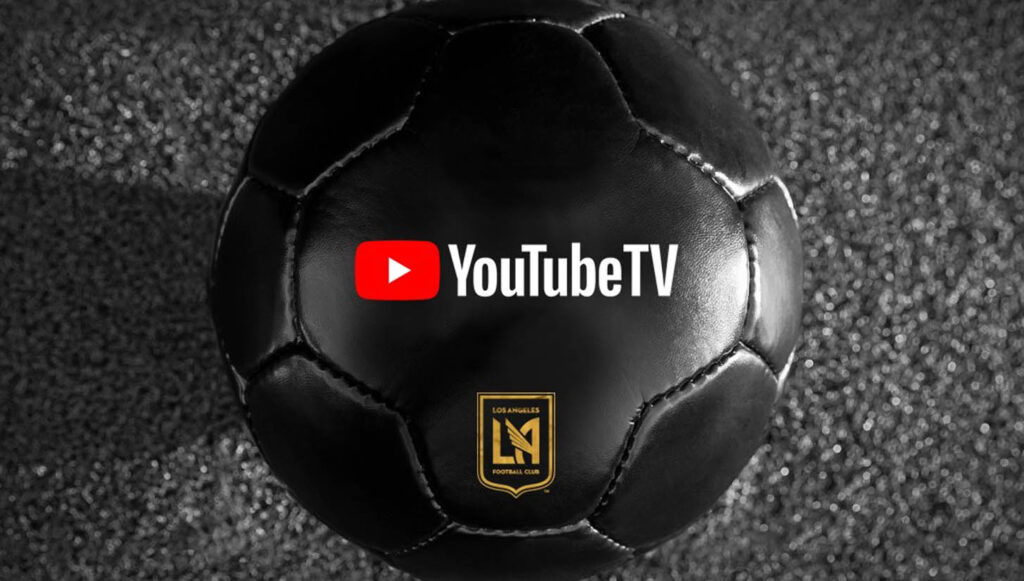If YouTube Wants to Be TV, It Needs a Stronger Play in Global Soccer
May 21, 2025
In this week’s Member Insights, Ian Whittaker, Twice City AM Analyst of the Year unpacks YouTube’s bold claim that “YouTube is TV”—a slogan that may resonate with advertisers but lacks substance without premium content to back it.
For me, YouTube’s claim that “YouTube is TV” is an excellent slogan and should be a lesson for all marketers – a one liner that is pithy, encapsulates what is its aim (to take TV advertising money ultimately) and fits in with the viewpoint of many of its target audience (ultimately, people in the advertising industry who decide where advertising money gets spent). Whether it is actually accurate though is another question. I would raise several objections to its validity, not least its proprietary ownership of content (i.e. audience is based off the back off other people’s content). However, if YouTube does want to be seen as TV, then it could do worse than look at sports – and particularly football (or soccer for the Americans in the audience).
Of course, YouTube has already gone down the sports route, particularly in North America, where it has now is one of the major rights holders of NFL games. The logic of such a move is clear. NFL games made up 70 of the top 100 most watched live TV programmes in the United States in 2024 (a year in which there was the distraction of the US Presidential and Congressional elections) and, by buying up NFL rights in particular, YouTube is making a play for US TV advertising budgets. Already, there are signs that strategy is having success given YouTube is the single largest biggest ‘channel’ on US TV, according to Nielsen.
However, when it comes to soccer rights, particularly in Europe, the major Tech platforms have been less forthcoming. In fact, if anything, the platforms have been scaling back their rights in Europe in recent years rather than expanding them. The reason for that is financial: put simply, the financial returns from acquiring soccer rights cannot justify the costs as the individual European markets simply do not offer either the advertising or subscription upside.
However, it may make sense for YouTube to consider buying a tranche of European soccer rights. Yes, like with the Tech giants, the economics are very unlikely to work on a standalone basis. However, there would be two wider strategic objectives.
The first is that, if YouTube wants to take a significant chunk of European TV advertising revenues, it needs to prove itself as a viable platform for premium content. There is only so much Mr Beast that you can sell. Having premium soccer rights is an immediate way of doing that. YouTube would certainly make losses. However, it could help cement a longer-term plan.
The second – and a major question for the soccer league themselves – is that the likely future of European soccer rights may be more global than national. The head of the UK’s intellectual property crime unit has said that piracy of sports rights has ‘gone through the roof’ and that it is practically impossible to prosecute users. This is a problem that is likely to get only worse in an online world and with ever increasing broadband speeds.
It may therefore may make more sense to think about how rights can be monetised at a global level, rather than national. In many ways, YouTube is the most credible platform to make this week. Last week, it was announced that the platform would stream exclusively the first week Friday night game of the 2025/6 NFL season, which will take place in Sao Paolo, Brazil, the first time an NFL game would be streamed live and free. There is no reason why, at some point, soccer does not follow the same path.
As usual, this is not investment advice.


